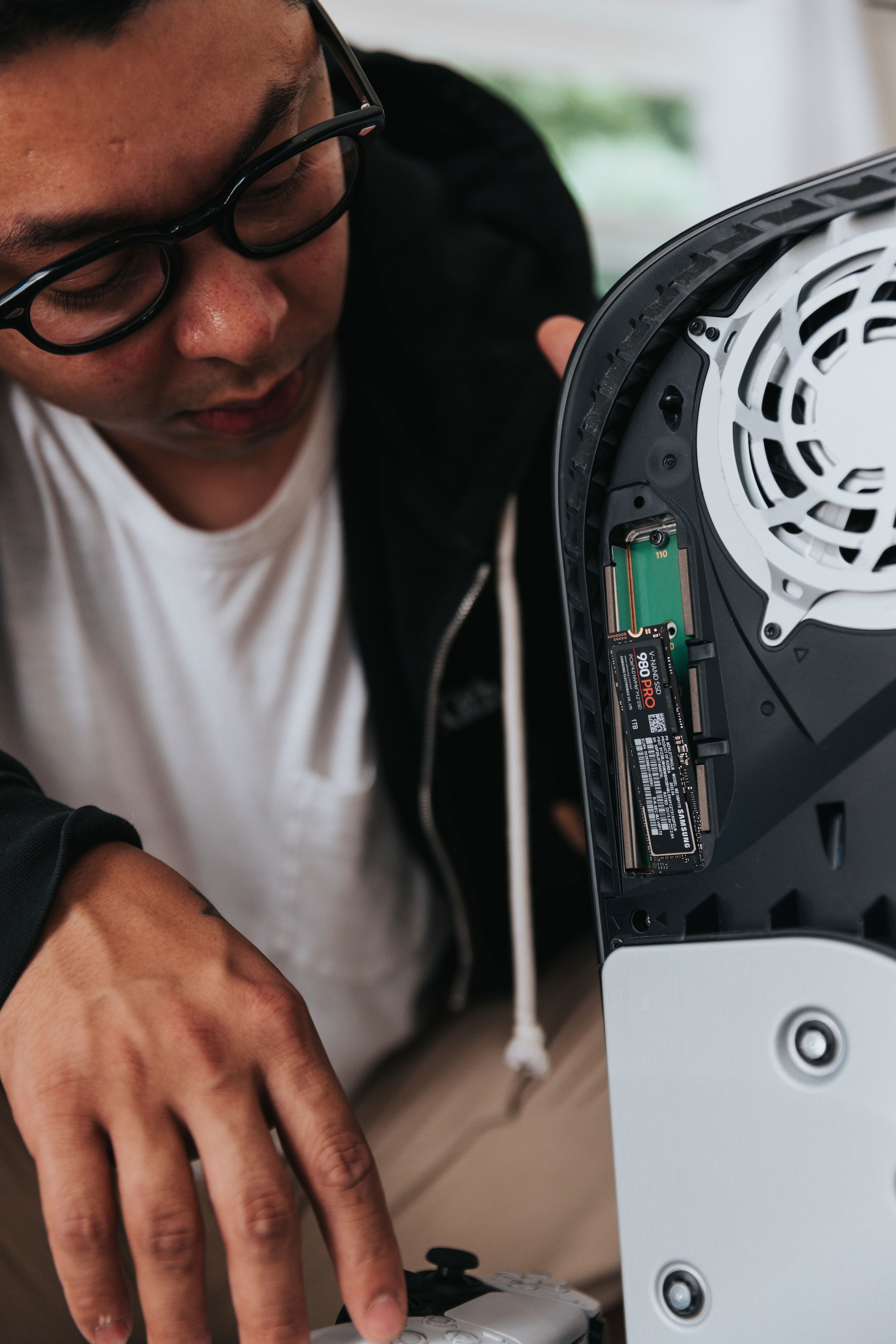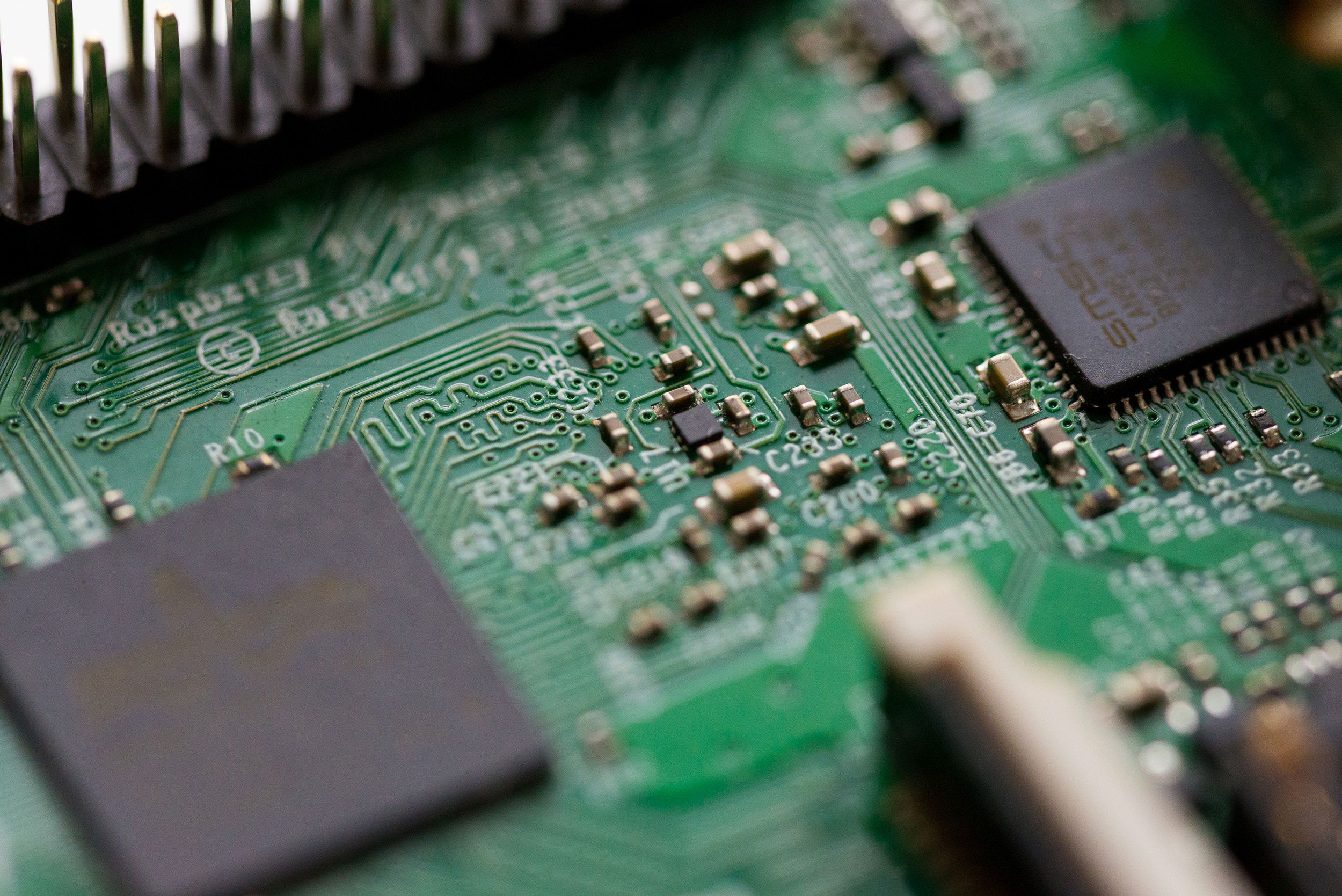DIY Electronics: Building Your Own Gadgets and Widgets
In an era dominated by technology, the concept of do-it-yourself (DIY) electronics has gained tremendous popularity. It's no longer reserved for electronics experts or engineers; today, anyone with an interest in tinkering and creating can embark on exciting projects to build their own gadgets and widgets. DIY electronics offer a rewarding and educational experience, allowing individuals to understand how devices work and customize technology to suit their specific needs. In this comprehensive guide, we will explore the fascinating world of DIY electronics, from basic components to advanced projects, empowering you to become a maker of electronic wonders.

The Fascination of DIY Electronics
DIY electronics have captured the imagination of enthusiasts for several compelling reasons:
- Creativity Unleashed: DIY electronics provide a canvas for creativity, enabling makers to design and build unique devices that cater to their interests and needs.
- Learning Opportunity: Engaging in DIY electronics is a hands-on educational experience, where you can acquire valuable skills in electronics, programming, and problem-solving.
- Cost-Effective Solutions: Building your gadgets can be more budget-friendly than purchasing ready-made devices, especially when solving specific problems or creating prototypes.
- Customization: DIY electronics allow for complete customization, from aesthetics to functionality, giving makers full control over their creations.
- Community and Sharing: The DIY electronics community is vibrant and collaborative, with enthusiasts sharing their projects, ideas, and knowledge online.
Getting Started with DIY Electronics
1. Basic Electronics Components
To begin your journey into DIY electronics, familiarize yourself with some essential components:
- Resistors: Resistors limit the flow of electrical current. They come in various values and are used to control voltage and current in circuits.
- Capacitors: Capacitors store and release electrical energy. They are crucial for timing and filtering circuits.
- LEDs (Light-Emitting Diodes): LEDs emit light when current flows through them. They are used for indicator lights and visual feedback.
- Transistors: Transistors amplify or switch electronic signals. They are fundamental in digital and analog circuits.
- Microcontrollers: Microcontrollers are programmable chips that serve as the brains of electronic projects. Arduino and Raspberry Pi are popular choices.
2. Basic Tools and Equipment
You'll need a set of basic tools and equipment for DIY electronics:
- Soldering Iron: Used to join components on a circuit board.
- Multimeter: Measures voltage, current, and resistance in circuits.
- Breadboard: A prototyping board for testing and experimenting with circuits.
- Wire Strippers: Used to strip insulation from wires for connections.
3. Learn Electronics Fundamentals
Understanding electronics fundamentals is crucial. You can find online resources, tutorials, and books that cover topics like Ohm's Law, voltage, current, and circuit analysis.
DIY Electronics Projects
Once you've acquired some basic knowledge and tools, you can start with beginner-level DIY electronics projects:
1. LED Flashlight
Create a simple handheld LED flashlight by wiring an LED, resistor, and power source (e.g., a battery holder) on a circuit board.
2. Arduino-Based Weather Station
Build a weather station using an Arduino microcontroller, sensors (e.g., temperature, humidity), and an LCD display to monitor local weather conditions.
3. Raspberry Pi Media Center
Transform a Raspberry Pi into a media center by installing Kodi and connecting it to your TV. You can stream media and access online content.
4. Home Automation System
Design a home automation system using microcontrollers like Arduino or Raspberry Pi to control lights, appliances, and security features.
5. DIY Electronic Music Synthesizer
Explore the world of music and electronics by building your analog or digital synthesizer from scratch or using kits.

Conclusion
DIY electronics offer an exciting and educational journey into the world of technology and creativity. Whether you're interested in crafting gadgets, automating your home, or exploring the possibilities of microcontrollers, there's a DIY electronics project waiting for you. With the right components, tools, and knowledge, you can bring your ideas to life, customize technology to your liking, and gain valuable skills along the way. So, dive into the world of DIY electronics, and let your imagination and curiosity guide you as you build your gadgets and widgets from the ground up.